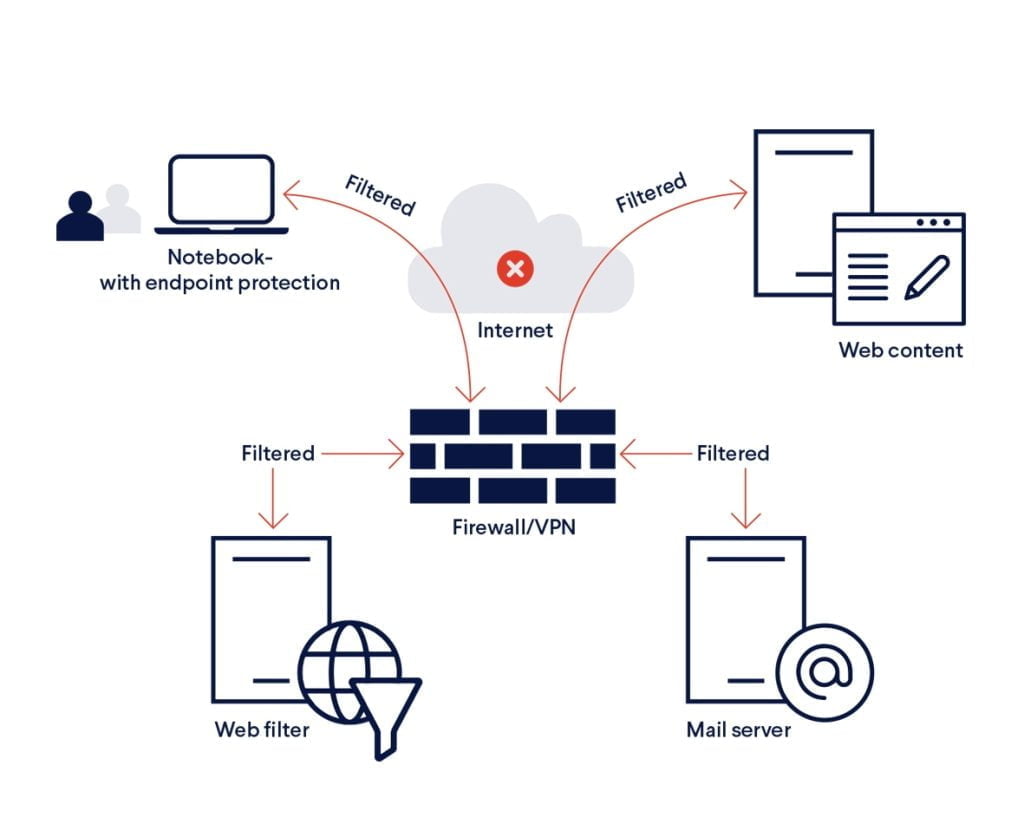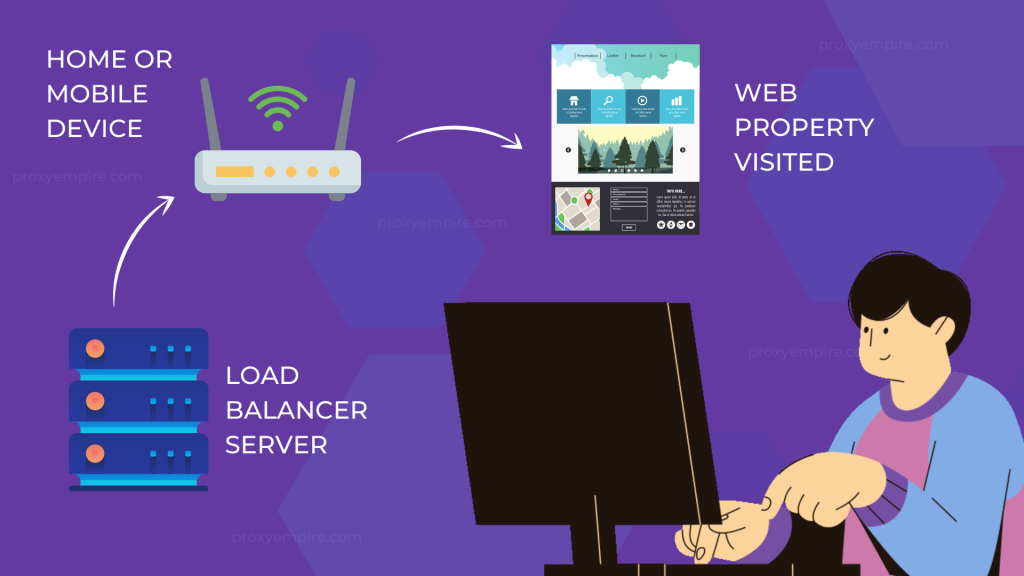TL;DR
The key to selecting between Virtual Private Networks (VPNs) and residential proxies is to understand your specific needs and use case. VPNs create an encrypted tunnel for your data, effectively masking your online activities from your Internet Service Provider (ISP). They excel at circumnavigating firewalls and bypassing country restrictions, making them immensely useful in regions where certain applications or materials are banned.
However, the IP addresses associated with VPNs are often shared and can be blacklisted due to misuse by other users, posing challenges for accessing platforms with strict security protocols. Plus, countries with deep packet inspection technology can hinder VPNs’ effectiveness. On the other hand, residential and mobile proxies, like those provided by ProxyEmpire, are genuine IP addresses sourced from ISPs and mobile carriers. They function as masks between you and your requested platform, capable of maintaining 100% anonymity.
Although they don’t offer traffic encryption like VPNs, residential proxies provide clean IP addresses, ideal for scaling up without being flagged as suspicious. Lack of encryption can result in vulnerability to packet sniffing, but this can be mitigated by using the proxies within a Virtual Private Server. Thus, choose VPNs for encrypted browsing and geolocation-based content access and residential proxies for scaling business operations.






















